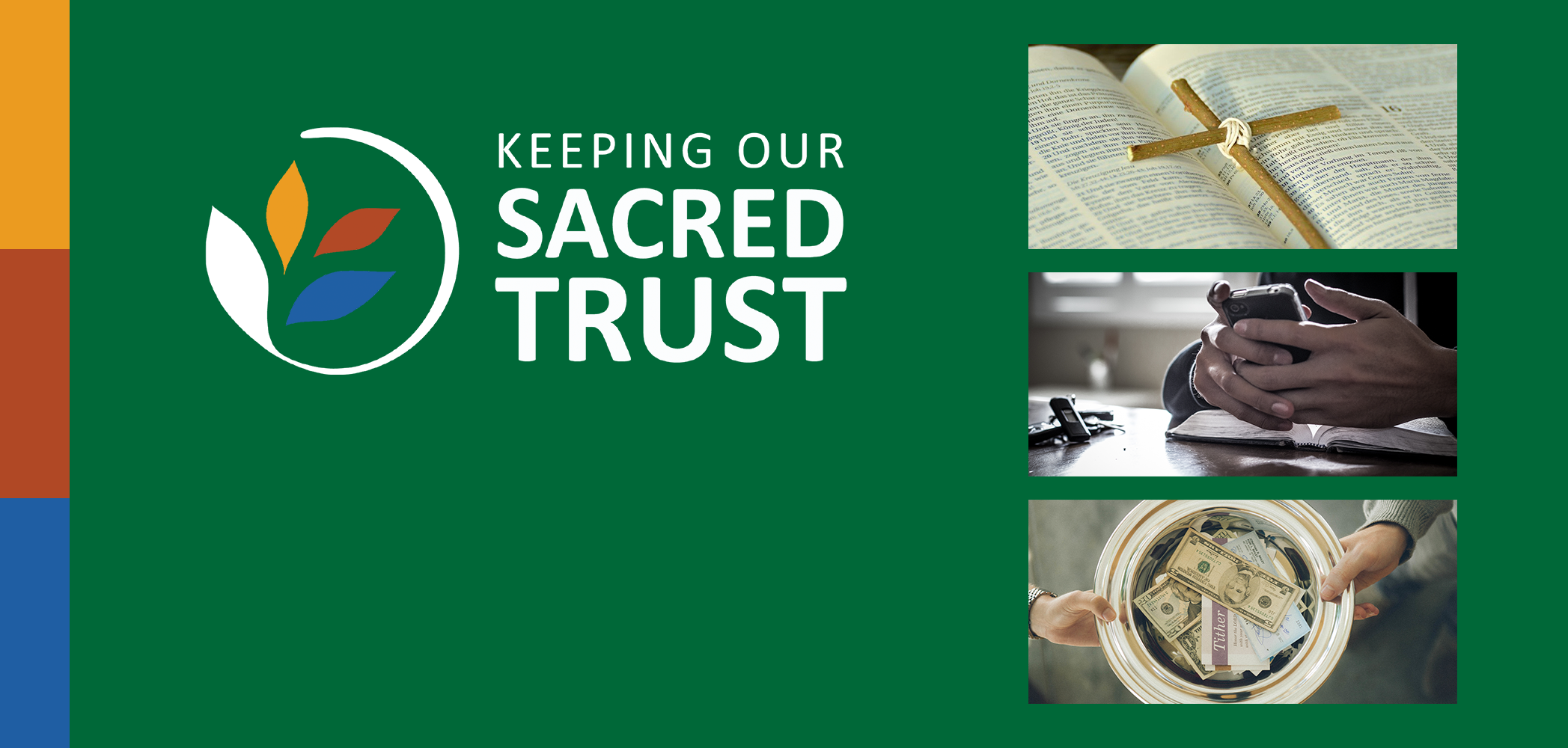The Bahá’í teachings elucidate a profound and transformative perspective on the institution of the family, framing it as a sacred trust that plays a pivotal role in the spiritual and moral development of individuals and society at large. This notion invites a reevaluation of the family unit amidst the contemporary world’s complexities. The urgency of preserving and cultivating familial bonds is underscored by an array of sociocultural shifts that challenge traditional paradigms. This article explores the essence of Bahá’í perspectives on the family, the imperative to safeguard its sanctity, and the potential for profound societal transformation through a recommitment to family values.
The Family as a Divine Institution
At the very core of Bahá’í teachings lies the conviction that the family is divinely instituted. The writings promulgate the idea that the family is a microcosm of society, championing unity, support, and love. The Bahá’í Faith elucidates that a harmonious family environment nurtures the spiritual, emotional, and cognitive development of its members, preparing them to engage compassionately with the world. Within the familial structure, virtues such as trustworthiness, kindness, and justice are cultivated and reinforced.
This sacred nature of the family is described as a “sanctuary,” where individuals not only find refuge but also the impetus to cultivate their nobler attributes. In a world rife with discord and fragmentation, reevaluating the family as a central pillar of moral and ethical education could prompt a renaissance in collective human behavior, emphasizing responsibility and mutual respect.
The Conundrum of Modernity
Modernity presents both challenges and opportunities for the family unit. As globalization, technology, and shifting cultural narratives exert influence, traditional family structures undergo profound transformations. Increased mobility, individualism, and a plethora of competing priorities often lead to disintegration of familial ties. Moreover, the inundation of information can create discord, as differing values clash within households.
Although these changes could signify progress, they also herald considerable risks. The Bahá’í teachings caution against the erosion of familial values, which are vital for societal cohesion. In a landscape where many families feel disjointed and fragmented, there is an imperative to foster resilience and adaptability that honors the sanctity of family life.
Saving the Family: A Sacred Trust
Embracing the concept of family as a sacred trust calls for a tripartite commitment: to nurture, to educate, and to fortify. Each dimension reinforces the others, creating a holistic approach to family preservation.
First, nurturing relationships requires an intentional investment of time and energy. This process involves empathy, open communication, and the cultivation of emotional intelligence. The Bahá’í teachings emphasize that individuals must prioritize personal growth, as personal development directly impacts familial health. By engaging in reflective practices, family members can foster deeper understanding and connection within their households.
Second, education emerges as a cornerstone for sustainable family structures. Inculcating values that promote resilience and unity from an early age equips future generations to navigate the complexities of life together. The Bahá’í writings advocate for the incorporation of educational frameworks that emphasize moral and ethical reasoning in familial curricula. This transformative approach fosters a culture of inquiry, where children are prepared not just to survive but to thrive as ethical global citizens.
Finally, the fortification of familial bonds must embrace adaptability and inclusivity. As society changes, so too must the strategies families employ to remain relevant and coherent. Encouraging a culture of respect for diverse family structures fosters inclusiveness that transcends cultural and social boundaries. The Bahá’í teachings instruct believers to seek out common ground with those from disparate backgrounds, thereby enriching family life through the exchange of varied experiences and traditions.
The Broader Implications for Society
The preservation and enhancement of family life transcend personal and immediate contexts, posing significant implications for broader societal paradigms. As the family flourishes, communities likewise benefit from the foundational principles of trust, empathy, and collaboration that families instill in their members. The Bahá’í perspective underscores that the cultivation of virtuous individuals within the family unit eventually extends to charitable actions within society.
Moreover, fostering a return to the sanctity of family life contributes to the resolution of societal challenges, such as inequality, conflict, and moral decline. Families grounded in Bahá’í values serve as catalysts for social transformation, advocating for justice and unity. The collective efforts of resilient families can lead to a societal tapestry woven from mutual support and understanding, addressing contemporary afflictions with compassion and foresight.
Conclusion: A Call to Action
In light of the transformative potential embedded within Bahá’í teachings regarding the family, there lies a compelling call to action for individuals and communities alike. By perceiving family as a sacred trust, we unlock new pathways to address the pressing challenges we face in contemporary society. The commitment to nurturing, educating, and fortifying family bonds stands as a testament to our dedication to not only preserve this divine institution but to redefine it in ways that adapt to an ever-evolving world.
As members of a global community, the call to prioritize and sanctify family life offers an avenue for reflection and renewal. Embracing this change can inspire a collective awakening that reinforces the ideals of love, respect, and interconnectedness—fundamental tenets of the Bahá’í Faith. It enjoins us to cherish the family, not just in words, but as a genuine expression of our shared humanity, ensuring that we protect and nurture this treasured institution for generations to come.
